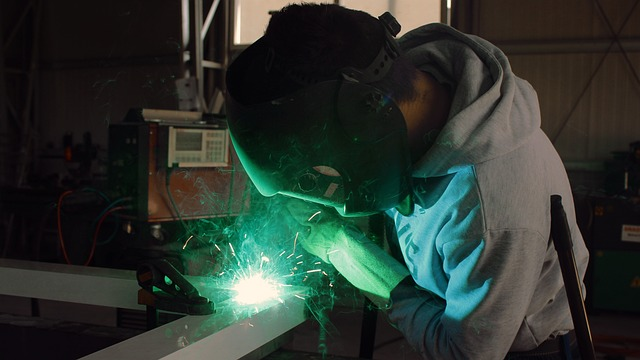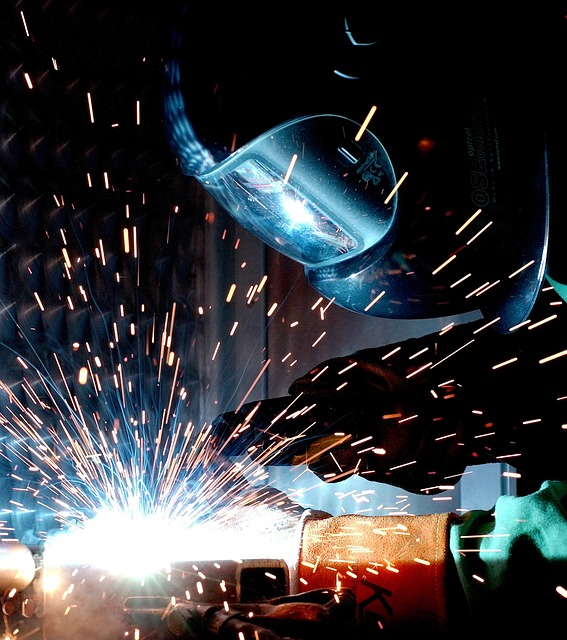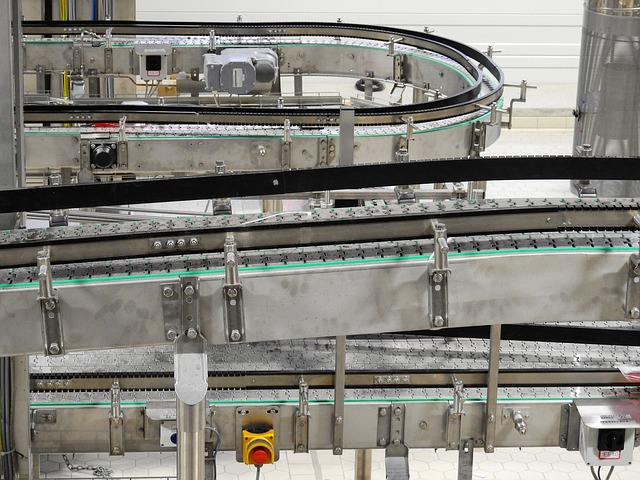What is Manufacturing Factoring?
Manufacturing factoring is the process of selling unpaid invoices to a third-party factoring company for an immediate cash advance based on the invoice value. It’s also called invoice factoring or accounts receivable factoring. Businesses pay a small factoring fee for the service.
Large and small businesses across various industries use invoice factoring to access the working capital tied up in accounts receivable. Instead of waiting weeks or months for customers to pay, factoring provides instant cash for working capital needs.
How does Manufacturing Invoice Factoring work?
Let’s say your factory invoices clients on a 60-day schedule. You produce, ship, and deliver the goods and issue an invoice. Now, your business needs to wait 60 days to get paid. In the meantime, you have rent payments, payroll, and other day-to-day expenses like purchasing raw materials.
So, you partner with a factoring company or factor to get access to that money sooner so you can cover expenses. The factor purchases your invoices at a discounted rate, called the factor rate.
For this example, we’ll say the discount rate is 3%, and the invoices are worth $30,000. So, the factor purchases the $30k worth of invoices for $29,100, but it doesn’t send the full amount at once.
Instead, it issues a cash advance based on the advance rate, which we’ll say is 95% for this example. Your business receives $27,645 via wire transfer within 24-48 hours of factoring.
The remaining total goes into a reserve account. The factor owns the invoices and collects payment from your customer on their 60-day due date. Once it receives payment, the factoring company releases the reserve amount minus its fees.
What is a Manufacturing Factoring Company?
Manufacturing factoring companies are financial institutions that provide the factoring service. The factoring company purchases the invoices, sends the cash advance, collects from your customers, and sends the reserve amount.
Let’s look at some of the key differences between manufacturing factoring companies.
Recourse vs. Non-Recourse
Recourse factoring means your company is liable if your customers default on their invoices. In non-recourse factoring, you don’t have to pay if your customers default for specific reasons, as stipulated in the factoring agreement. Non-recourse factoring is more expensive, but the added protection might make it worth it.
Notification Factoring
Some factoring companies will notify your customers when they purchase the invoices, and others will not. If you don’t want your customers alerted when you sell their invoices, look for a company that doesn’t notify them.
Additional Services
Some invoice factoring companies stand out because they offer enhanced services to help you process invoices. Some additional services to consider when looking for a factoring company include:
- Easy invoice uploads.
- Integration with your accounting software.
- Credit checks on your customers.
- A/R processing tools.
- Online portals or mobile apps for convenient processing.
- Invoice financing.
How to apply for Manufacturing Factoring:
You can apply for invoice factoring through United Capital Source. Follow these instructions to apply for manufacturing invoice factoring.
Step 1: Make sure your customer is reliable
Factoring invoices only works when your customers pay their invoices on time and in full. Ensure your customers will pay before contacting a factoring company.
Step 2: Gather your documentation
When you apply, the factoring company needs to review the following documents:
- Driver’s license.
- Voided business check.
- Banks statements from the previous three months.
- Business tax return.
- Accounts receivable aging report, Accounts payable report, debt schedule.
Step 3: Apply
You can complete our one-page application or give us a call to apply. Either way, you’ll need to provide the information above and the invoice amount you want to sell.
Step 4: Speak to a representative
Once you apply, one of our representatives will reach out to discuss your manufacturing business and the costs and terms of factoring. You’ll get an upfront breakdown of all charges, so you don’t have to worry about hidden fees.
Step 5: Receive approval
The entire process takes about two weeks to finalize. Funds will appear in your bank account 1-2 days after completing the application process.
Frequently Asked Questions
Here are some of the most common questions about manufacturing factoring.
Why do Manufacturers Factor Receivables?
Invoice factoring for manufacturers is a working capital solution. Most manufacturing businesses use invoice factoring to solve one or more working capital needs.
Cash Flow Help
Invoice factoring helps fill cash flow gaps, so factories don’t need to slow down production due to a lack of money. It provides immediate access to the company’s money in existing receivables.
Seasonality
Many manufacturing businesses go through ups and downs based on the season. Invoice factoring helps ensure you have enough money to seize opportunities during the busy season and stabilize cash flow during down seasons.
Help with Collections
Some manufacturing businesses prefer the factoring company to handle collections on invoices. Receivables billing and collections are extra work, but the factoring company handles the back-office work when you factor in receivables.
Is Manufacturing Factoring right for my business?
Factoring is a viable financing strategy if your business experiences cash flow problems due to unpaid invoices. However, you must ensure early access to working capital justifies the cost of the factoring. You should also compare factoring rates when deciding on the best manufacturing factoring company for your business.
What are the advantages of Manufacturing Factoring?
Factoring turns unpaid invoices into working capital to help your business meet expenses and stabilize cash flow. It’s not a loan, and you don’t incur any debt. It’s a process that lets you access your money sooner for a fee.
Since factoring companies determine approval on your customers’ credit and not yours, it’s much easier to get approval for factoring than a traditional bank loan. Many younger businesses or those with bad credit use factoring as a financing solution.
The factoring company acts as your accounts receivable collections department. For some businesses, the factoring company saves them time and money spent chasing down payments.
What are the disadvantages of Manufacturing Factoring?
The most significant drawback to manufacturing factoring is the cost. Most near-term financing solutions carry higher fees than long-term loans.
Factoring companies decide fees based on how long customers take to pay their invoices. For example, 60-day invoices get lower rates than 120-day invoices.
Manufacturing Factoring Pros & Cons:
Pros:
- Turn unpaid invoices into cash.
- Easier to qualify for than traditional small business loans.
- You can use the funds for a variety of business purposes.
- Invoices and receivables are treated as collateral.
Cons:
- Higher rates & fees than traditional loans.
- Fees are based on how long customers take to pay their invoices.
Manufacturing Factoring – Final Thoughts
Invoice factoring is a viable solution for manufacturing businesses needing working capital to cover everyday expenses. Manufacturing factoring costs are higher than traditional loans, but the cost might be worth it to access your money sooner and grow the business.
Dealing with everyday expenses like prepaying sub-contractors and paying rent puts a strain on companies waiting to get paid. Factoring helps stabilize cash flow for smooth business operations and planning.
Established businesses that can wait for funding will get cheaper rates with other small business loans. In addition, long-term loans can provide higher borrowing amounts. For example, equipment financing is probably the better solution for acquiring expensive manufacturing machinery.
Contact us if you’re ready to pursue accounts receivable factoring or see what other small business loans might work for your manufacturing company.






















